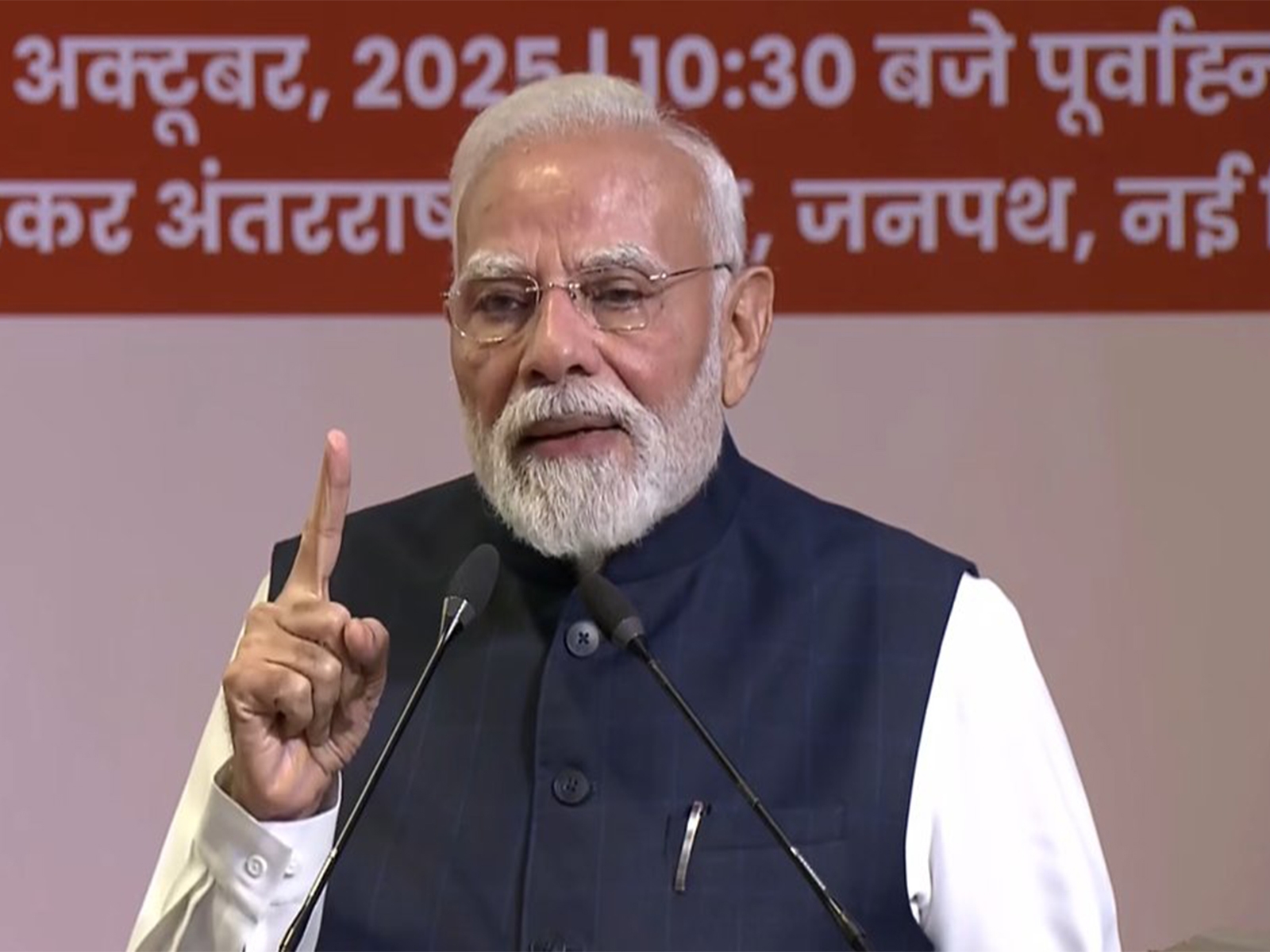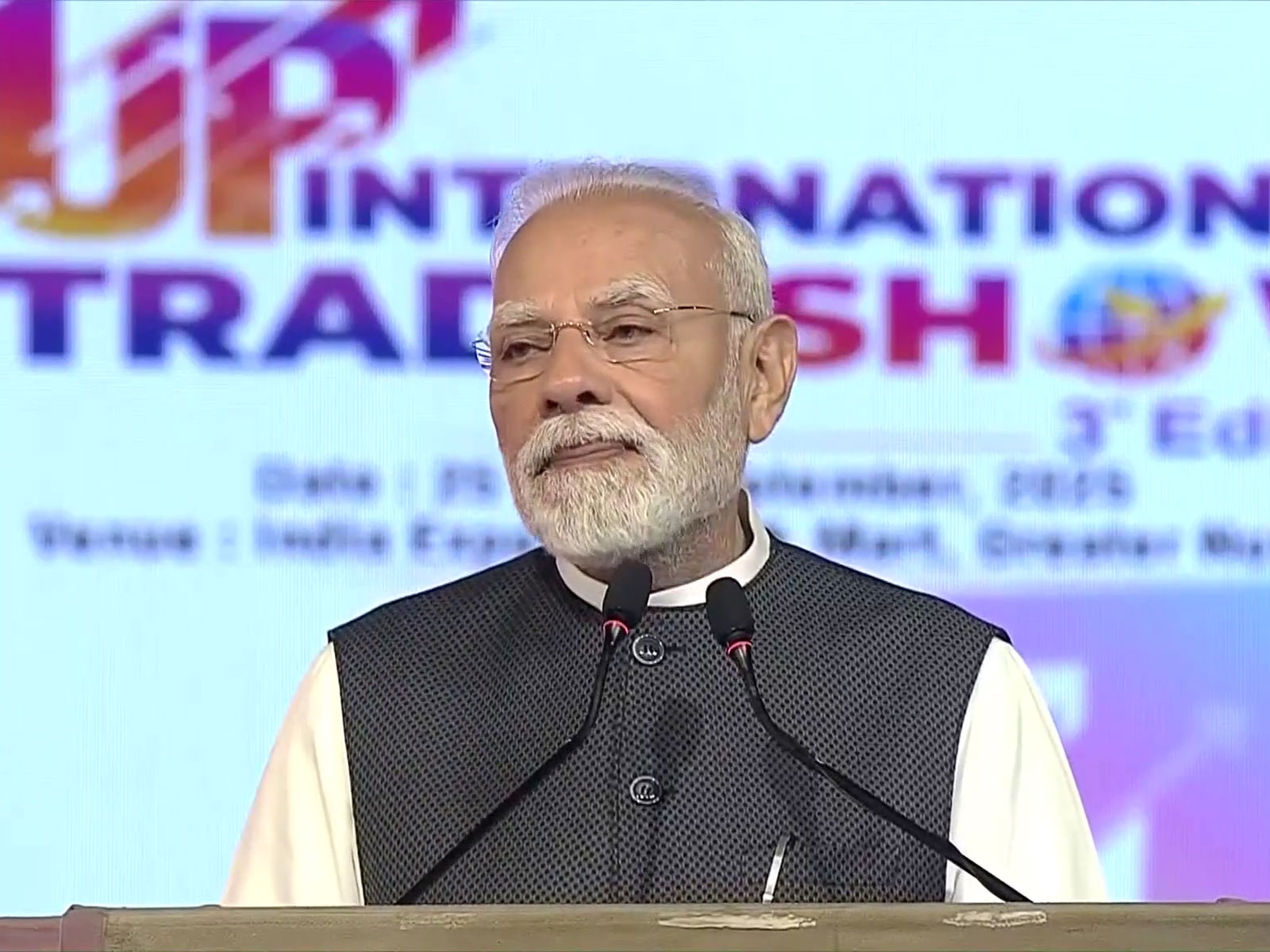China ends one-child policy. But is it years too late?

The one-child policy, cause of much heartache in China for three decades, has officially been scrapped. In force for 35 years, the policy has often been called the "Great Wall of family planning".
According to Xinhua, the state news agency: "The change of policy is intended to balance population development and address the challenge of an ageing population."
Also read - Can the Earth afford China's 2-child policy? Mohan Guruswamy explains
By 2050, 24%, or 331 million, of China's population will be aged 65 or above. That's nearly three times of 114 million in the age group (9%) in 2010.
By contrast, the age group of 20-34 is projected to shrink from 25% (333 million) of the population to 16% (228 million) in these four decades.
This is worrisome. The elderly population will be dependent on the working population, burdening healthcare and social services and will forcing the world's second-largest economy to struggle to maintain its growth.
So, why the change?
According to the Communist Party of China (CPC), the policy played an essential part in controlling the country's population and, hence, stimulating GDP growth per capita. It prevented "millions being born into poverty". But now it's no longer needed.
This, however, doesn't indicate that the party will suddenly start respecting personal freedoms more than it has. It's more a case of the party adjusting policy to conditions.
Conditions that demand urgently boosting the country's fertility rate - among the world's lowest - to preserve economic growth and social stability. All that is indispensable for letting CPC be in charge.
Ironically, an old Chinese proverb says that having a son and a daughter makes a family complete
About 90 million families may qualify for the new two-child policy, which would help raise the population to an estimated 1.45 billion by 2030, the Planning Commission said.
China, the world's most populous nation, had a population of 1.37 billion people at the end of last year.
What has the impact been?
In a way you could go as far as seeing the policy change as an indirect result of President Xi Jinping's anti-corruption drive.
The policy has been incredibly unpopular primarily because of the heavy-handed actions of some local family-planning politicians who, either through force or corruption, collected "social maintenance fees" from those who flouted the one-child policy.
In fact, these fees have reportedly been zealously collected to plug local budget shortfalls. Additionally, the policy never really meant one child if you were wealthy as you could pay the fines and taxes associated with breaking it.
What are the other issues couples have faced?
Couples who flout family planning laws have lost their jobs in some cases. Sadly, it is the women who have borne most of the brunt. Mothers have routinely been forced to abort babies or be sterilised - all of which is classified as torture, according to Amnesty International.
Also read - China's new national security law proves why it's no fun to be Chinese
Women are regularly inspected to check if they are pregnant, even well into their 40s and 50s.
According to an article published on the China Population Information and Research Center website, 37.6% of women had sterilisation surgery, compared with 8.9 % of men, based on 2003 data from the National Population and Family Planning Commission of China.
According to the Chinese Health ministry, doctors have performed 336 million abortions and 196 million sterilisations, since 1971 and inserted 403 million intrauterine devices. In 2013, a Chinese mother named Shen Hongxia died following a risky sterilisation procedure that government family planners forced her to undergo.
The timeline
- 1953: Chinese leaders suggest that the population should be controlled and approve a law on contraception and abortion, but the plan is later stranded by political upheaval and the 1959-61 famine.
- 1970: China's population exceeds 800 million.
- 1975: China adopts the slogan "late, long and few", encouraging couples to have one child, and urging them to have no more than two.
Mothers have routinely been forced to abort babies or be sterilised
- 1979: The Communist party says couples should have no more than one child. A new marriage law says couples are obliged to practice family planning, placing a de facto limit of one child for each family.
- 1984: China adjusts the policy, allowing a second child for some families in rural areas and for couples who were both an only child.
- 2001: New laws decreed to better manage the administration of the policy, including penalties for unapproved births.
- 2013: China adds an exemption allowing two children for families in which one parent, rather than both, is an only child.
- 2015: One-child policy scrapped.
ƒIs a mini baby boom likely now?
This policy is so deeply rooted in Chinese culture now so that it will be effective only a few years from now if anything.
Countless studies - as well as the experience of previous policy relaxations - have shown that the likely long-term impact of any reform would be small.
A study by the University of Oxford and Xi'an Jiaotong University explored the effects the 2013 relaxation had.
What they found was that such parents, in both urban and rural areas, are mostly choosing to still have only one child.
As of June 2015, only 1.5 million of the 11 million eligible couples have applied to expand their families, according to Xinhua.
At the time, Chinese people took to microblogging site Weibo, China's answer to Twitter, to welcome the move, but many said they probably wouldn't opt for a second child.
For the 150 million youth who grew up without siblings, the change has awakened feelings of regret
"I can't even afford to raise one, let alone two," wrote one user.
All this means that the likely impact on overall fertility may be low.
In this context, one could see the scrapping of the policy as a pragmatic response to deal with an increasingly unpopular policy while being well aware that the long-term implications are likely to be minimal.
As of now, Chinese officials believe the one-child policy has reduced the population by 400 million.
But demographers, citing falling birth rates across Asia, believe it is closer to 100 million.
The legacy
The efforts to limit family size also led to a skewed sex ratio of males to females, because traditional rural families favour boys over girls, sometimes even resorting to infanticide to ensure they have a son.
Abortion is legal in China, although sex-selective abortion is not. Some researchers estimate that there will be approximately 30 million more young men than women in China by 2020. This means millions of Chinese men may not be able to find wives.
Another consequence was instances in which the births of subsequent children after the first went unreported or were hidden from authorities.
Those children, most of whom were undocumented, faced hardships in obtaining education and employment. Although the number of such children is not known, estimates believe there are as many as 10 million.
The 'loneliest generation'
For years, the typical onscreen Chinese family has looked something like this: glowing parents doting over one precious child. The taglines got the message across: 'One hope', 'One joy' 'One responsibility'.
But for over 150 million young people who grew up without siblings, this has been a burden to bear. That's why this latest policy upheaval has awaked feelings of isolation and regret.
As a single child in China, you reap not only all the luxuries that would otherwise have went to your siblings, but also all of the expectations and pressures. (Ironically, an old Chinese proverb says that having a son and a daughter makes a family complete.)
"They are lucky and unlucky," said a recent article on Sina.com, a Chinese news website. "The 'one-child' policy ended in 2015, but this generation's loneliness never goes away."
China's one-child generation is unusually well-educated compared to previous generations
China's one-child generation is far different from the generations that have preceded it. It is unusually well educated, with more than 85% of children born in the 1990s having attended high school, the New York Times reported.
They also tend to exhibit traits not as prevalent in children who have siblings, such as selfishness, pessimism and risk aversion, according to a 2013 study by Australian researchers.
Is the new two-child policy enough?
No, says Amnesty International.
"Couples that have two children could still be subjected to coercive and intrusive forms of contraception, and even forced abortions - which amount to torture," said William Nee, Amnesty International's China Researcher, in a statement.
"The state has no business regulating how many children people have. If China is serious about respecting human rights, the government should immediately end such invasive and punitive controls."
"History will look back to see the one-child policy as one of the most glaring policy mistakes that China has made in its modern history," Wang Feng, a professor at Fudan University and a leading demographic expert on China, had said.
More in Catch - China's the new Hindu Nation: they're factory-making 1 million cows a year







![BJP's Kapil Mishra recreates Shankar Mahadevan’s ‘Breathless’ song to highlight Delhi pollution [WATCH] BJP's Kapil Mishra recreates Shankar Mahadevan’s ‘Breathless’ song to highlight Delhi pollution [WATCH]](https://images.catchnews.com/upload/2022/11/03/kapil-mishra_240884_300x172.png)

![Anupam Kher shares pictures of his toned body on 67th birthday [MUST SEE] Anupam Kher shares pictures of his toned body on 67th birthday [MUST SEE]](https://images.catchnews.com/upload/2022/03/07/Anupam_kher_231145_300x172.jpg)






